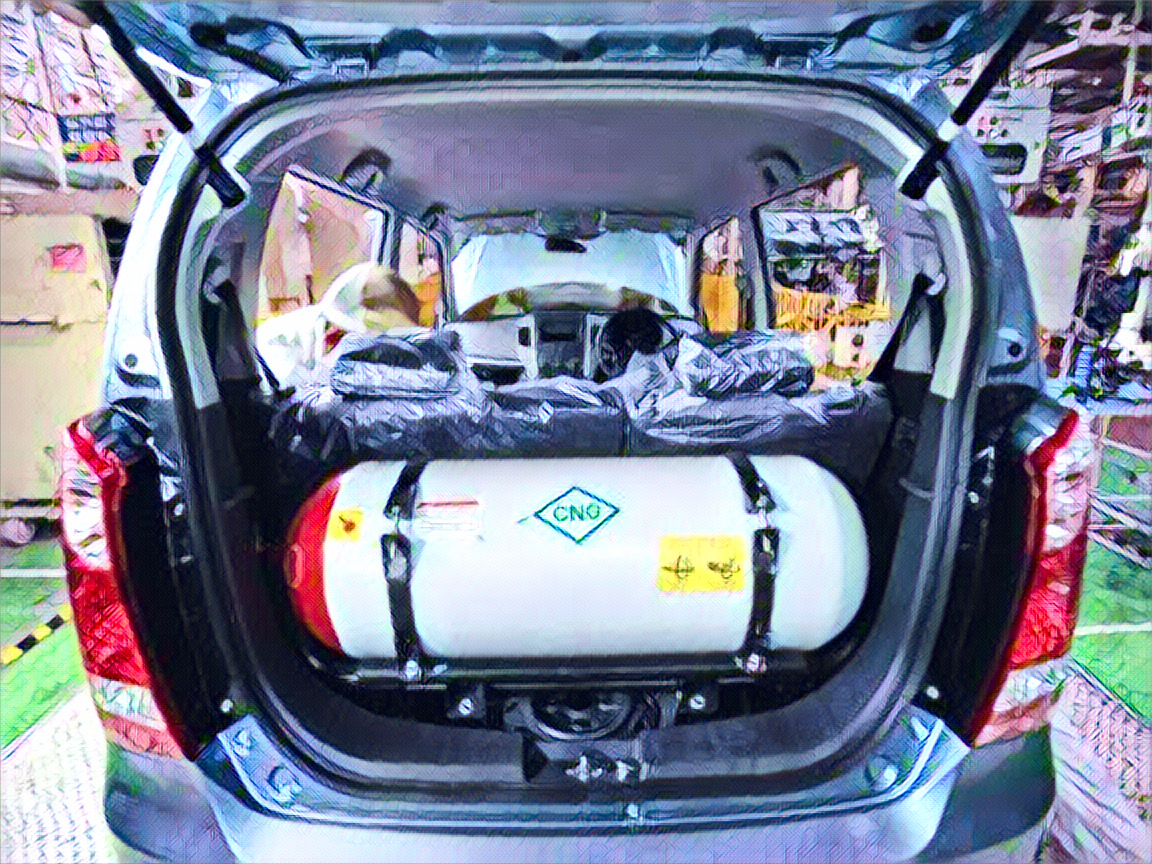The Federal Government has unveiled plans to introduce a staggering one million Compressed Natural Gas (CNG) powered vehicles by 2027. This ambitious announcement came to light during a crucial stakeholders’ meeting held at the Bank of Industry headquarters in Abuja, where the Special Assistant to the President on Special Duties and Domestic Affairs, Toyin Subaru, shared the government’s vision.
As part of this groundbreaking endeavor, Subaru revealed that 11,500 CNG-powered buses are expected to be deployed this week, marking a significant step in addressing transportation challenges exacerbated by recent subsidy removal.
The introduction of CNG buses is not merely an environmental milestone; it is set to revolutionize affordability. The Federal Government has affirmed that the integration of CNG-powered mass transit buses will substantially reduce the price of CNG to just N230 per kg. This move aims to make CNG a cost-effective and eco-friendly alternative for the Nigerian population.
Furthermore, the economic impact of this initiative is profound. Mr. Subaru emphasized that the transition to CNG-powered vehicles would allow Nigerians to save up to two-thirds of their transportation costs, a significant relief for citizens facing financial burdens.
In a candid assessment of the plan, Mr. Subaru highlighted the sustainability factor of CNG as a viable alternative to conventional petroleum-based vehicles. He underscored the advantage of utilizing the abundant domestic gas reserves, stating, “Now, with this CNG plan, we don’t even have to import what we need to operate our vehicles. It is called CNG, and we have the gas here in Nigeria.”
With this visionary step, the government aims to ensure the accessibility and distribution of CNG across Nigeria. The plan includes the establishment of CNG truck stations that will serve as pivotal points for refueling. Additionally, the government intends to develop an app that will enable users to locate the nearest CNG station easily.
The transition to CNG vehicles not only reduces carbon emissions but also brings substantial financial relief to Nigerian households. Considering the current cost of petrol, which stands at N680 per liter, the prospect of purchasing CNG at N230 per kg is a game-changer.
As the Federal Government commits to this transformative initiative, it holds the promise of a brighter and more sustainable future for Nigeria’s transportation sector. With a million CNG vehicles on the horizon, the nation is taking a giant leap towards a greener and more economical future.
Source: [Punch]


